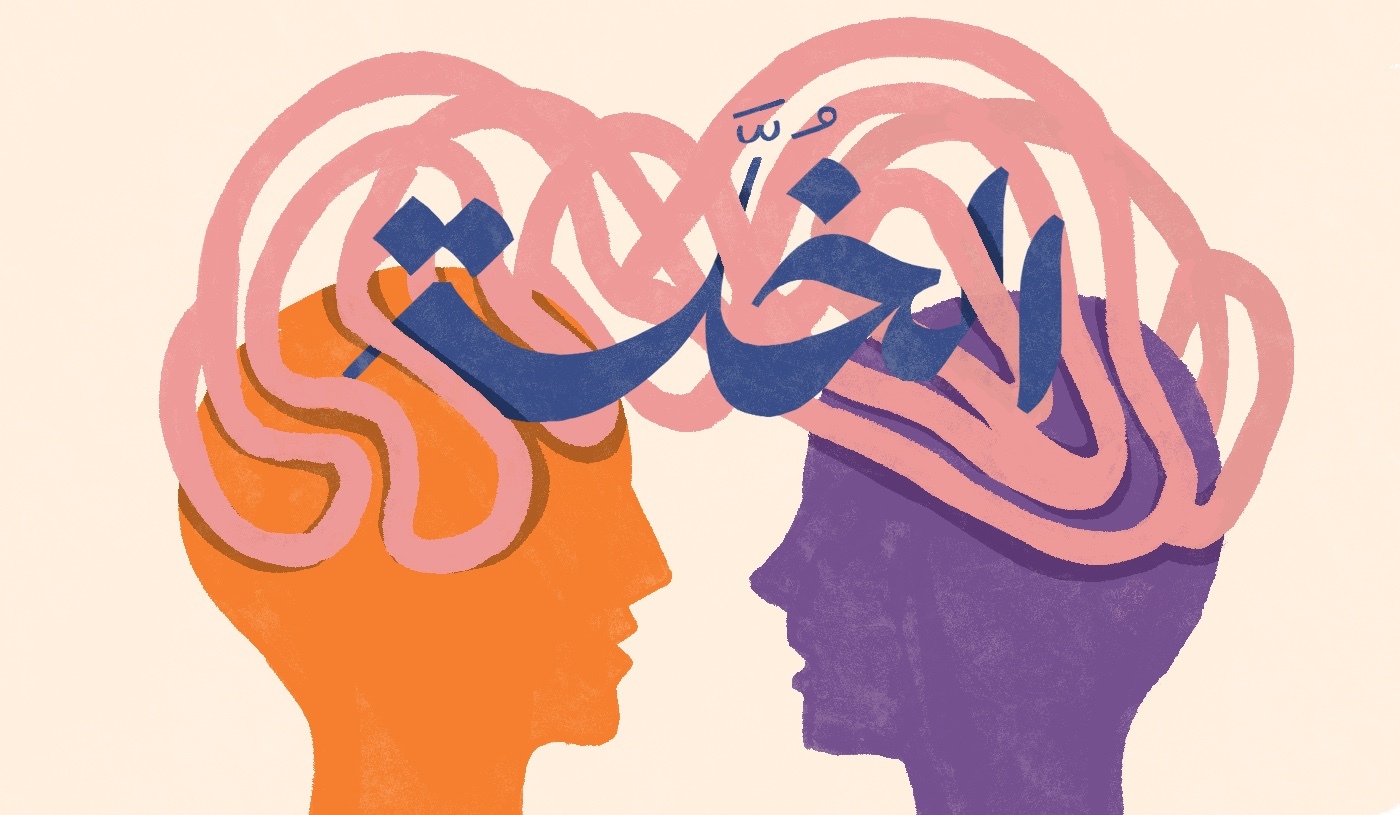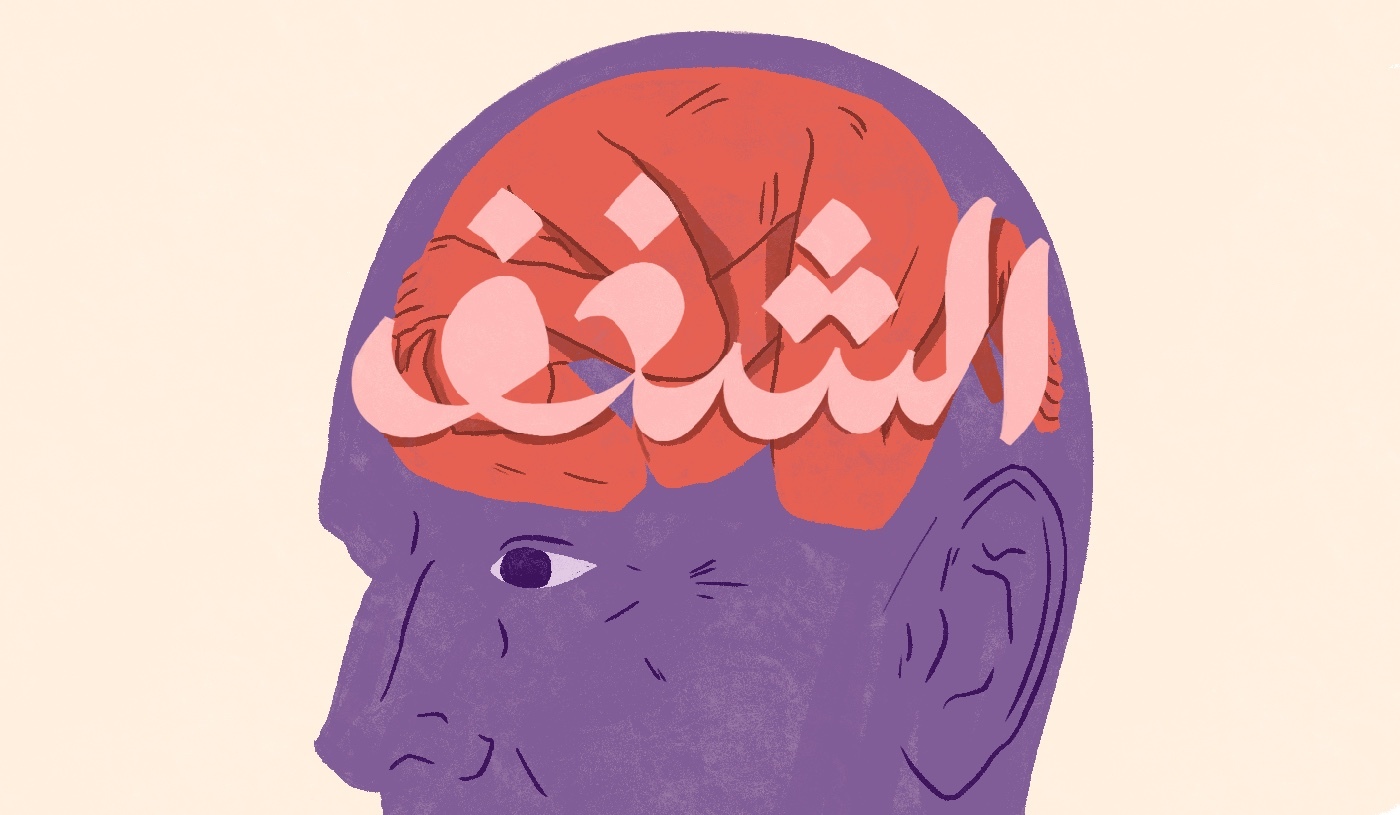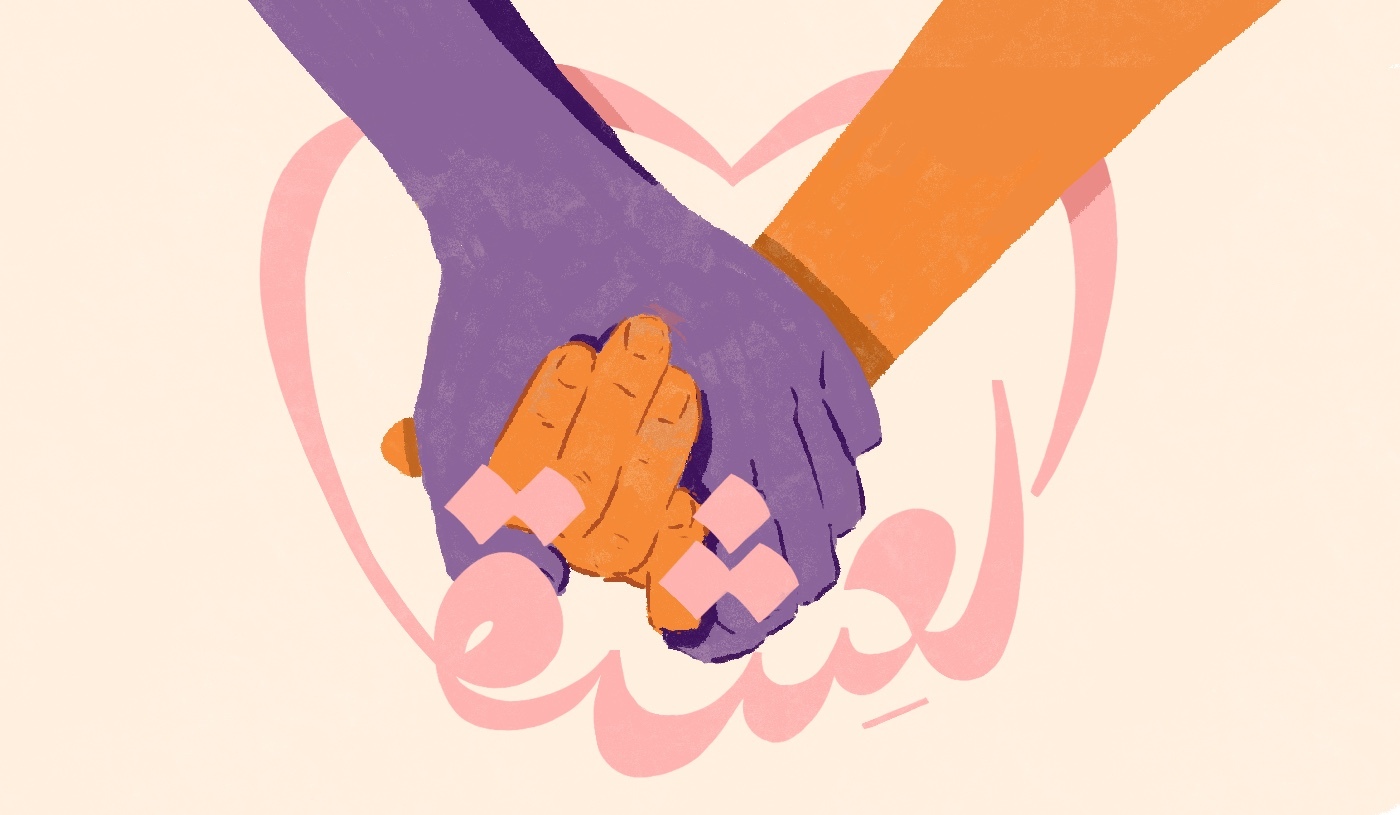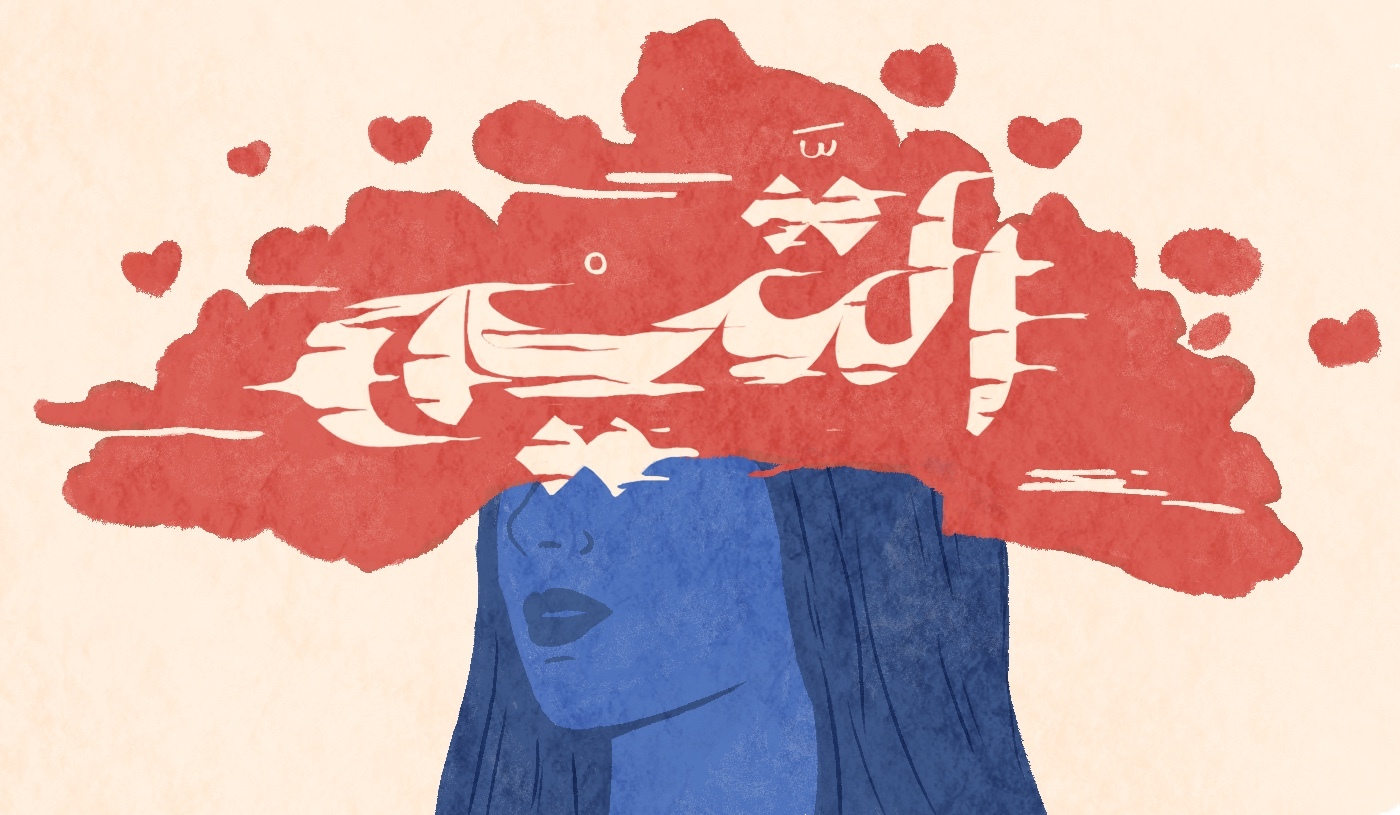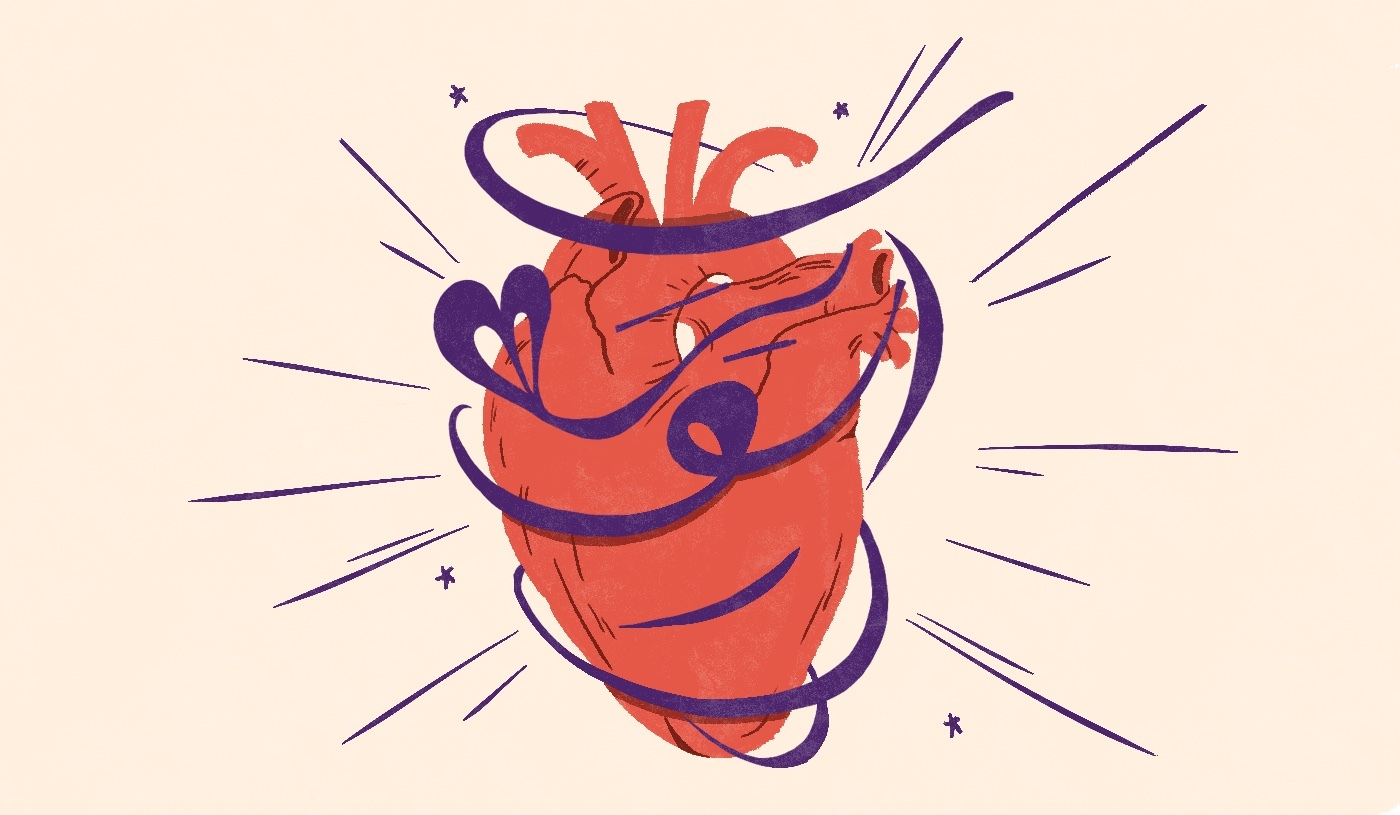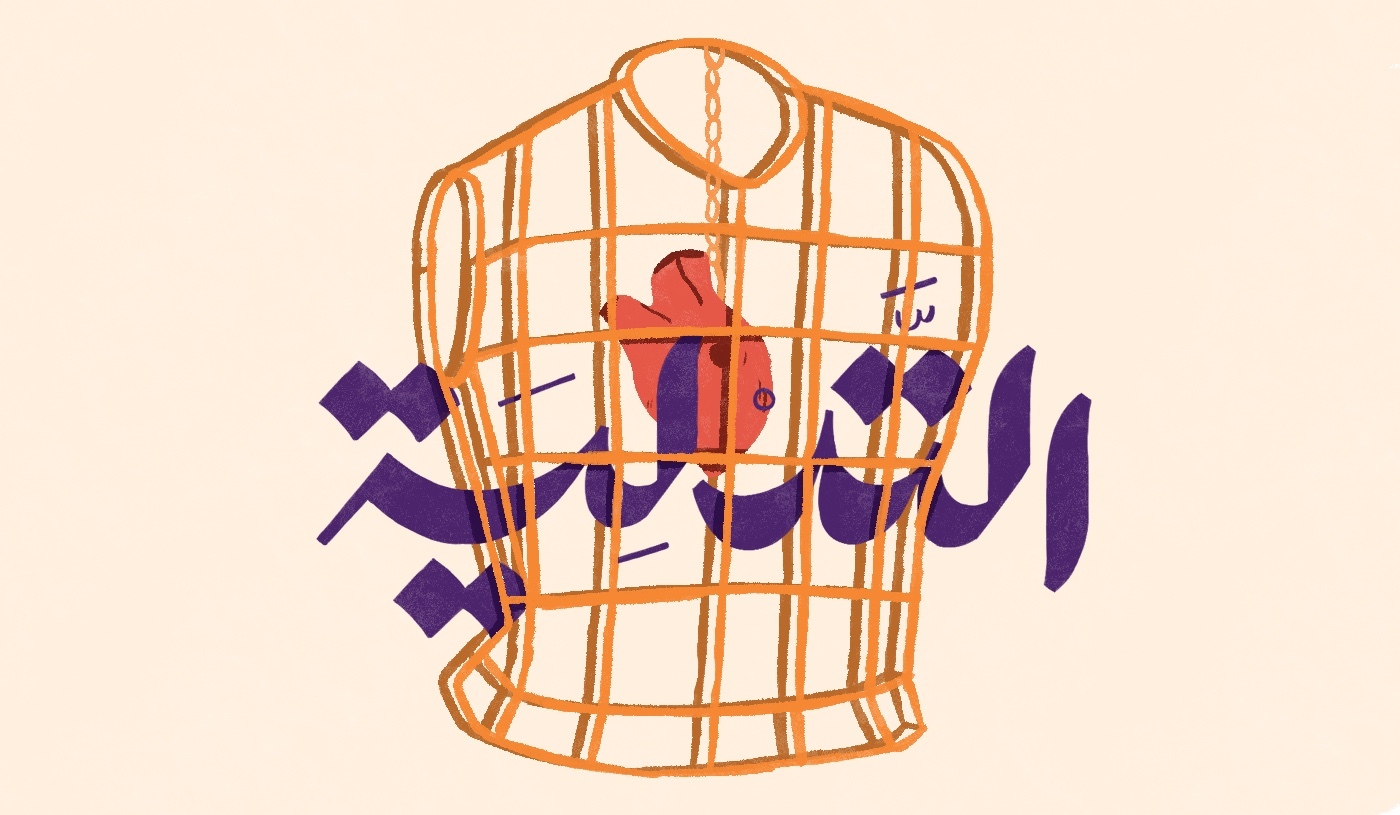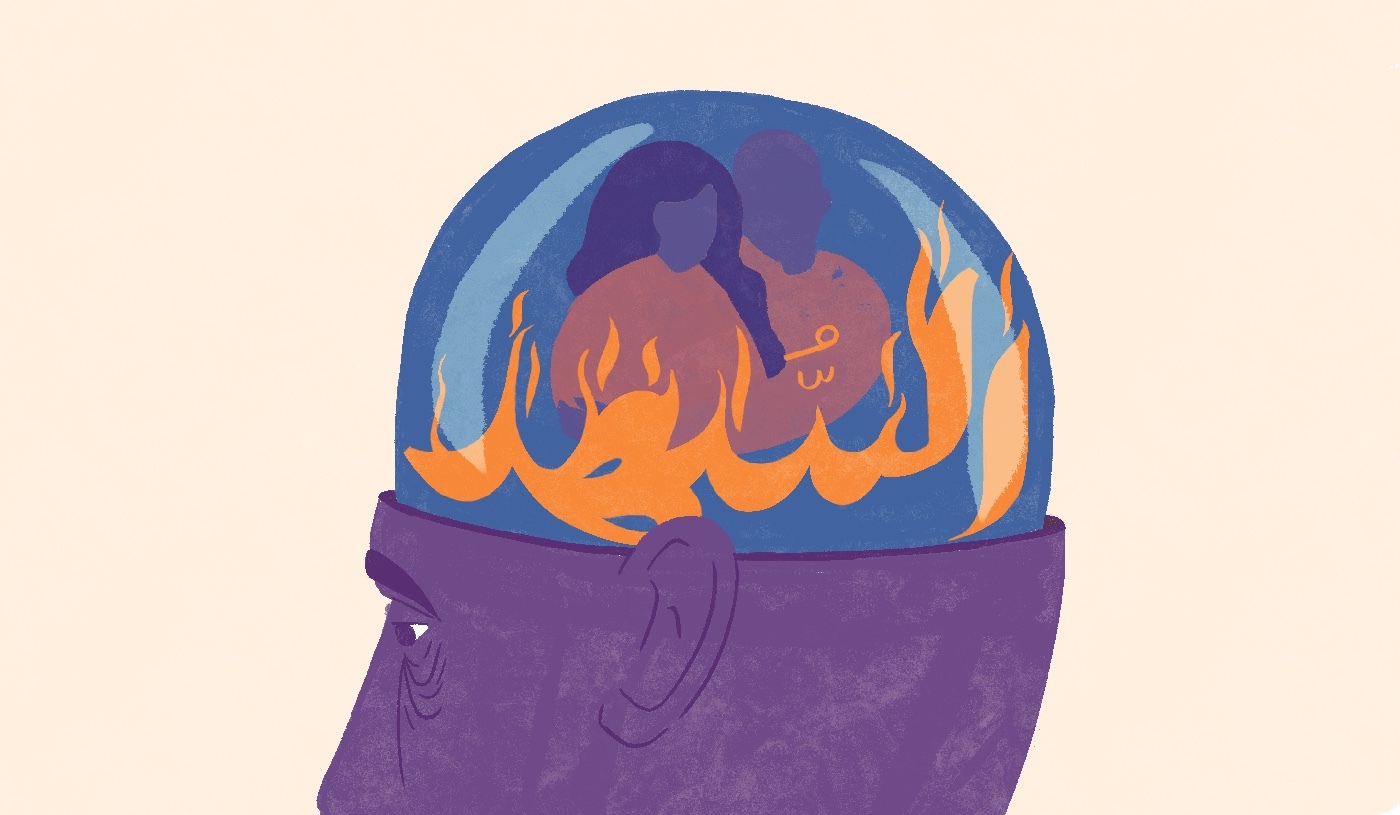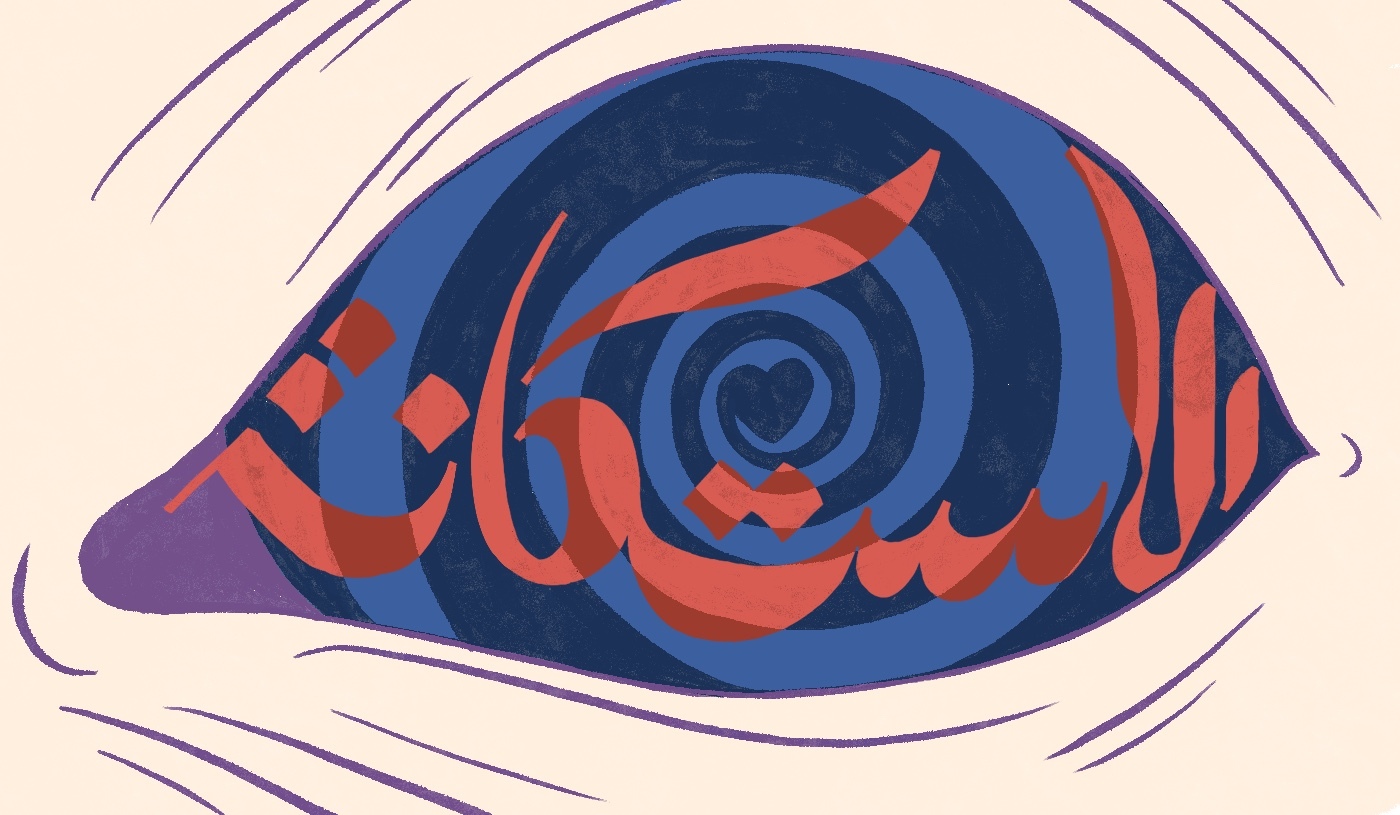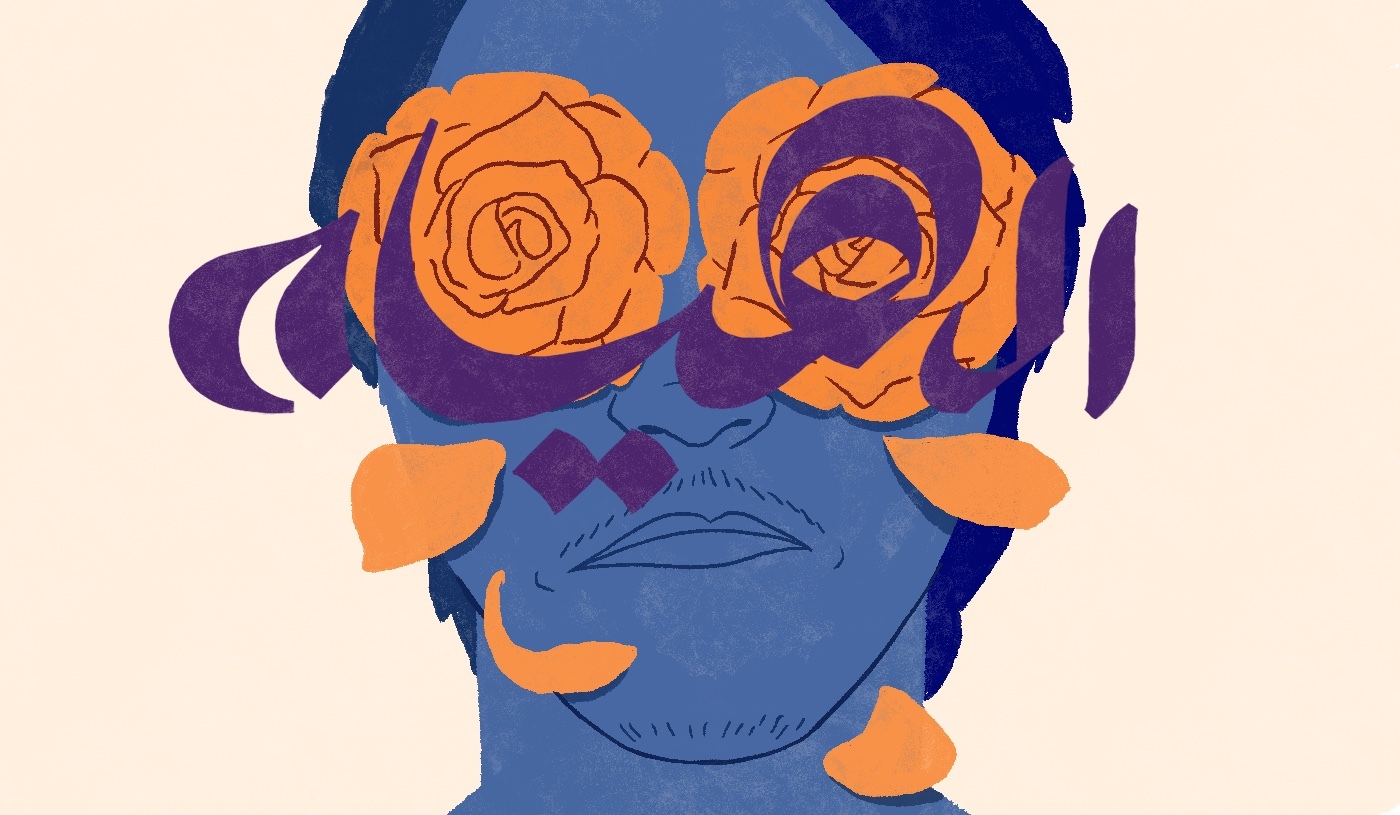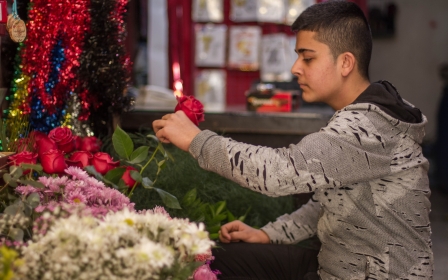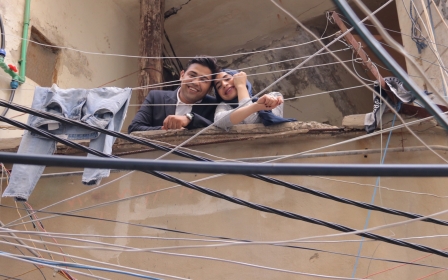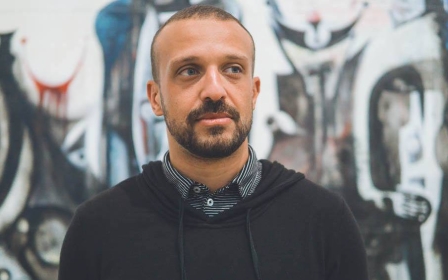Mild crush to madness: The degrees of love in the Arabic language
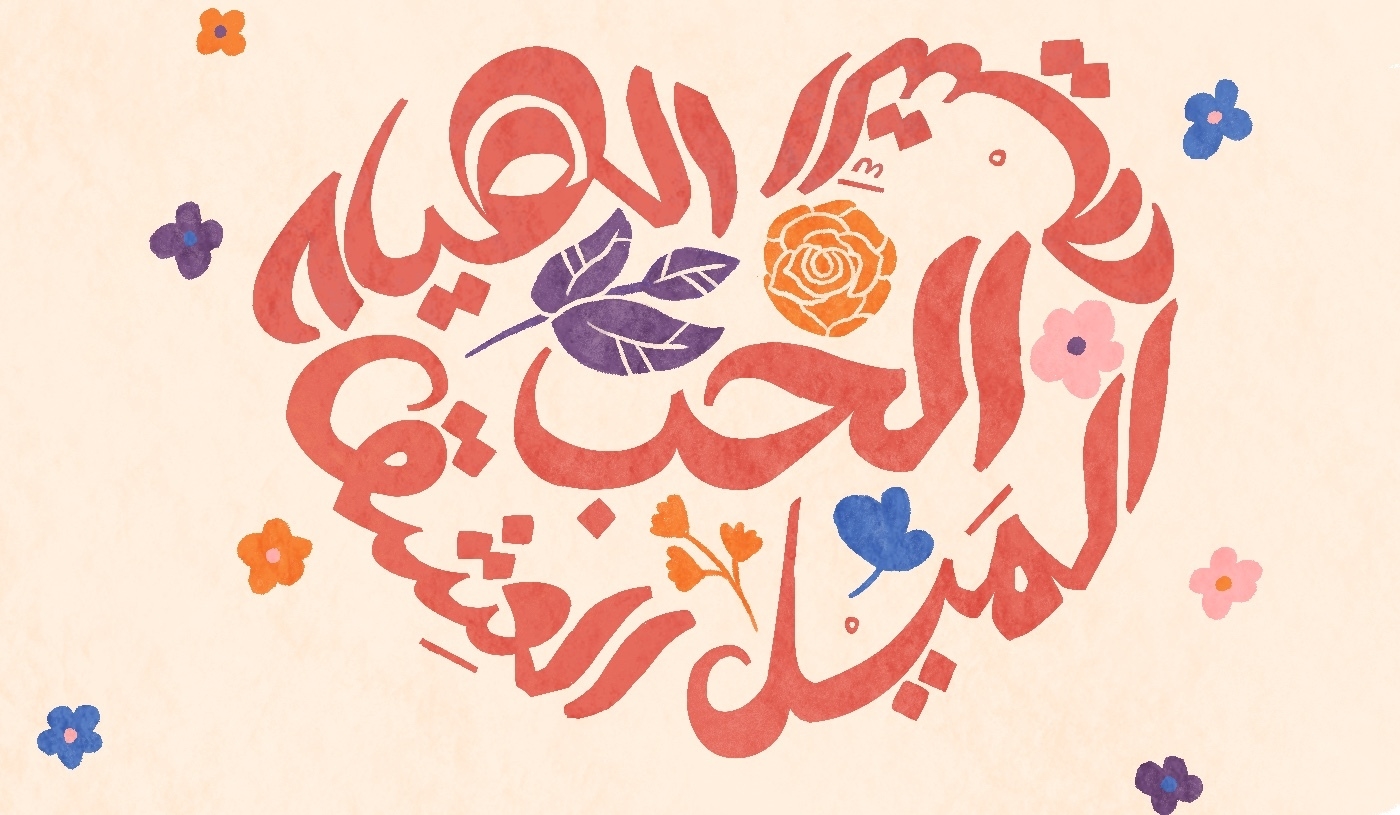
Whether you find yourself struck by cupid's arrow or are just a little enamoured by a special someone, the Arabic language has no shortage of ways with which you can describe your feelings.
The formal register of the Arabic language, or Classical Arabic, developed before the Islamic era during a period in which poetry was the most important form of artistic expression amongst Arab tribes.
Love was a recurrent theme of such odes, and the poet was judged by the uniqueness of their romantic expression.
As a result of that early interest in love, Arabs today have an arsenal of words and expressions to tell someone how they feel about them, although many of these are used exclusively in poetic form.
Abstract expressions can still be found in everyday use. For example, the English "I love you" has a number of Arabic equivalents, which might appear confusing when first heard.
New MEE newsletter: Jerusalem Dispatch
Sign up to get the latest insights and analysis on Israel-Palestine, alongside Turkey Unpacked and other MEE newsletters
Take for example the expression "ta'aburnee", which literally means, "may you bury me" and has the expressive meaning that a person cannot live a day without their beloved.
It’s also common to refer to loved ones as hayati (my life), ayuni (my eyes), or rouhi (my soul), along with countless other variations, in everyday conversations.
Despite the linguistic depth Arabic speakers have access to, love exists on a spectrum and it is important not to jump the gun when explaining exactly how deep your feeling is.
There are dozens of different words used to describe the degree of love a person feels and each carries a level of severity or nuance; some are used to describe a yearning, while others express a burning desire or zeal.
Here we look at ten different classical Arabic words and explain the type of love they refer to.
1. Al meel - Liking/interest
This word is used to describe a fondness or penchant for someone, and can describe the early stages of someone falling in love. It is similar to the word hawa, which is used when someone begins to become more inclined towards a romantic interest. A functional English equivalent can be "to have a crush on someone" - a feeling that can be fleeting and may change over time.
2. Al khala - Deep friendship
This term is commonly used in religious texts and denotes a strong companionship. Al-khala is the feeling someone shares with someone they have a lot in common with, have a fondness for, and see in a positive light. The person will have a good influence on them, and there will be a strong rapport and loyalty between the pair.
3. Al shagaf - Infatuation
When love starts to have a physical impact on a person, it can be described as a state of infatuation. This stage causes the lover distress and difficulty, as they can’t be away from their beloved. Usually, when someone is at this stage of love, they are willing to compromise on anything for the one they love, regardless of the consequences.
4. Al eshq - Passionate love
This particular word features very heavily in songs and poetry and the direct translation of the word is "to be nested in". The stage of love can be described as a state of adoration, where the person is overcome with feelings of desire. This form may involve some form of intimacy, and typically the couple will be inseparable.
5. Al taym - Bewitchment
Similar to a type of love called al walah, meaning an absurd fondness or bewitchment, this kind of love is considered to be so intense, it is likened to becoming insane. With this intensity of love, the thoughts of the person in love will be completely preoccupied with their beloved. The intense feelings will cloud the person’s mind, leaving them unable to function properly.
6. Al luw’aa - Anguish
There are some expressions of love that are synonymous with pain, and describe how a lover feels without their beloved. A similar word is al shaju, which means grief, or sababa, which comes from the Arabic word for injury. The word describes the figurative act of spilling blood from one’s heart.
7. Al tadleeh - Disorder or enslavement
Tadleeh loosely resembles a disorder and comes from the word madlah, which means unable to pay attention.
This degree of love denotes a love so intense and strong that the lover's heart is no longer theirs and becomes a slave to their beloved. They can not free themselves of this love or let go of the person.
Controlling emotions becomes difficult, and the heart feels as though it totally belongs to the beloved. If this is where you find yourself, you are at a place where you are no longer yourself, as you have been fully consumed by your love. People in this stage of love can no longer focus on anything else and are left in a state of disarray and confusion.
8. Al sahd - Insomnia
At this point, the person has already become too attached to their beloved, and they cannot be without them or think of themselves without the other person. Their thoughts are completely preoccupied by the one they love, to the point that it causes them pain. Like another degree of love, jawa, which is a burning love similar to a heartburn, this degree of love has a physical impact on the lover.
9. Al istikana - Submission
This degree of love is often described as unhealthy, as it leads a person to a state of blind submission to the one they love. At this stage, one sees the other as almost perfect, with no faults. It can cause someone to overlook any issues or mistakes. In relationships, it can lead to someone being blindly obedient to the other, seeking their affection and approval unquestioningly.
10. Al huyaam - Madness
One of the most intense degrees of love, huyaam plunges a person into a state of insanity. At this point, a lover has lost all sense of reason and rationality. Containing elements of obsessiveness, this type of love can cause a person to act unusually and do things that are not typical of their personality because of how blinded by passion they are.
This article is available in French on Middle East Eye French edition.
Middle East Eye delivers independent and unrivalled coverage and analysis of the Middle East, North Africa and beyond. To learn more about republishing this content and the associated fees, please fill out this form. More about MEE can be found here.



